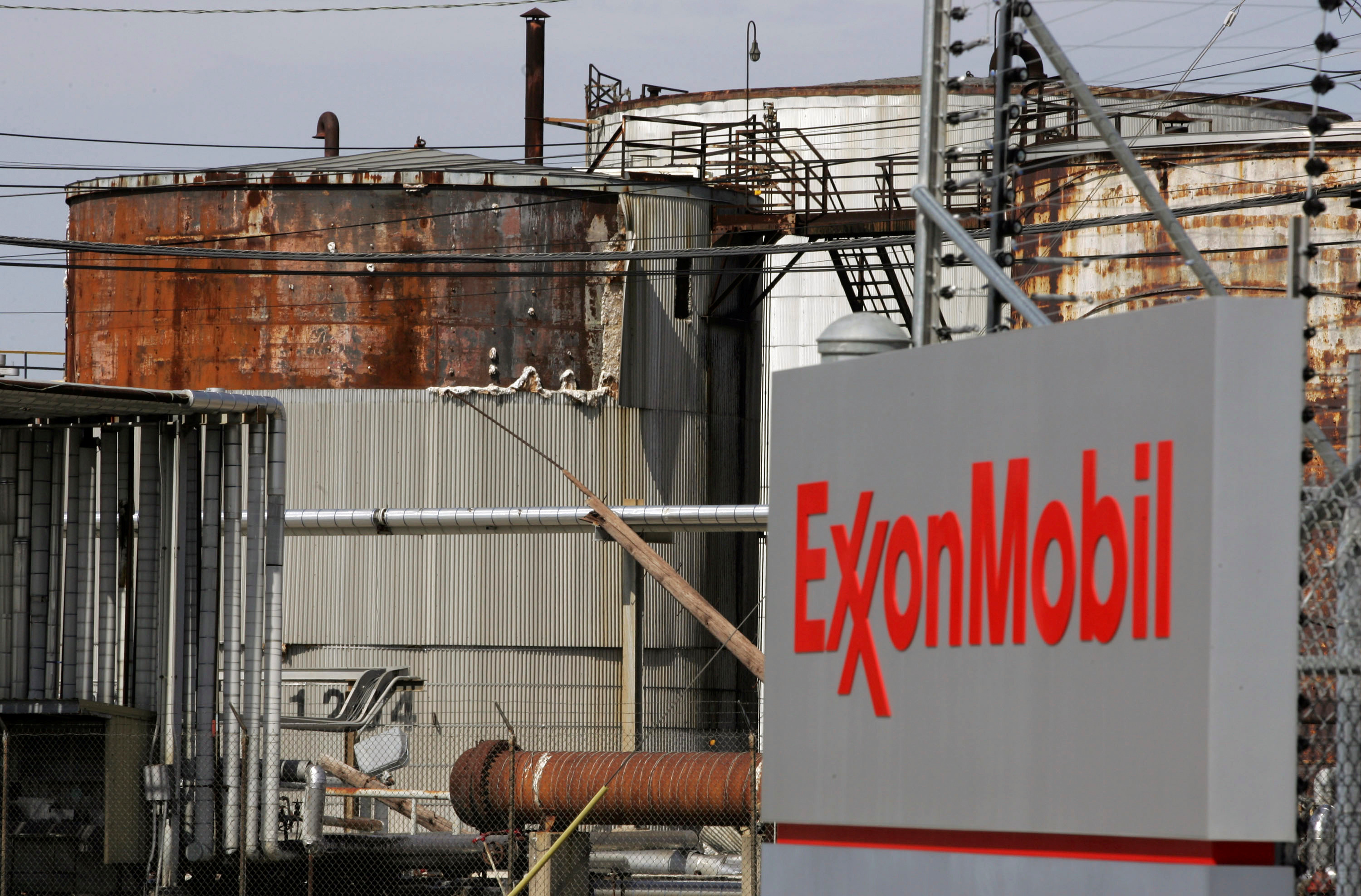
ExxonMobil publicly sowed doubt about climate change despite the oil giant’s own scientists accurately predicting global warming as far back as the 1970s, a new study says.
While ExxonMobil publicly claimed models used to predict climate change were too uncertain to draw conclusions, the company’s own experts made projections consistent with those of academics and governments, according to the paper published in the journal Science on Thursday.
“What they understood about climate models thus contradicted what they led the public to believe,” the authors of the study wrote.
ExxonMobil scientists’ average projected warming was 0.2° Celsius per decade – the same as independent academic and government projections published between 1970 and 2007 – while 63-83 percent of their estimates proved to be accurate, the authors said.
The Exxon-funded science was “actually astonishing” in its precision and accuracy, said study co-author Naomi Oreskes, a Harvard science history professor. But she added so was the “hypocrisy because so much of the ExxonMobil disinformation for so many years … was the claim that climate models weren’t reliable”.
ExxonMobil scientists also accurately dismissed the possibility of a coming ice age, correctly projected that global warming would be detectable sometime between 1995 and 2005, and reasonably estimated how much carbon dioxide (CO2) would lead to dangerous warming, according to the study.
“They modelled and predicted global warming with shocking accuracy and skill, only for the company to spend the next couple of decades denying that very climate science,” said Geoffrey Supran, a co-author of the study.
‘Sheer speculation’
ExxonMobil officials repeatedly downplayed climate change in public.
“In 1999, for example, ExxonMobil Corp’s chief executive officer Lee Raymond said future climate ‘projections are based on completely unproven climate models or, more often, sheer speculation,’” the authors said.
“In 2013, his successor, Rex Tillerson, called climate models ‘not competent’. In 2015, he stated: ‘We do not really know what the climate effects of 600 ppm versus 450 ppm will be because the models simply are not that good’.”
The phrase and hashtag “ExxonKnew” has become prominent, but the company continues to deny any wrongdoing.
“This issue has come up several times in recent years and, in each case, our answer is the same: those who talk about how ‘ExxonKnew’ are wrong in their conclusions,” Todd Spitler, spokesperson for Exxon Mobil, told CNBC.
ExxonMobil says the “ExxonKnew” movement is a “coordinated campaign” working to “stigmatize” the oil company, “creating the false appearance that ExxonMobil has misrepresented its company research and investor disclosures on climate change to the public”.
Climate science ‘attacked’
The study, authored by researchers at Harvard University, the University of Miami, and the Potsdam Institute for Climate Impact Research in Germany, based its findings on company documents obtained by journalists and researchers, including internal files warning of “potentially catastrophic” climate change first published in 2015 by the Los Angeles Times and InsideClimate News.
“We now have airtight, statistically rigorous evidence that Exxon accurately predicted global warming years before it turned around and publicly attacked climate science and scientists,” said Supran, a professor of environmental science and policy at the University of Miami.
“In that sense, this graph doesn’t just communicate a crisis, it confirms complicity.”
Exxon, one of the world’s largest oil and gas companies, has been the target of numerous lawsuits that claim the company knew about the damage its oil and gas would cause to the climate, but misled the public by sowing doubt about climate change.
Oil giants including Exxon and Shell were accused in US congressional hearings in 2021 of spreading misinformation about climate, but executives from the companies denied the accusations.
University of Illinois atmospheric scientist professor emeritus Donald Wuebbles said in the 1980s he worked with Exxon-funded scientists and was not surprised by what the company knew or the models.
“It was clear that ExxonMobil knew what was going on,’’ Wuebbles said. “The problem is at the same time they were paying people to put out misinformation. That’s the big issue.”
After tracking Exxon’s and hundreds of other companies’ corporate lobbying on climate change policies, InfluenceMap, a firm that analyses data on how companies are impacting the climate crisis, concluded that Exxon is lobbying overall in opposition to the goals of the Paris Agreement, and it is currently among the most negative and influential corporations holding back climate policy.
“All the research we have suggests that effort to thwart climate action continues to this day, prioritizing the oil and gas industry value chain from the ‘potentially existential’ threat of climate change, rather than the other way around,” said Faye Holder, programme manager for InfluenceMap.
“The messages of denial and delay may look different, but the intention is the same.”
Stephan Singer from Climate Action Network International noted fossil fuel companies made record profits of more than $400bn in 2022.
“How much money is going into renewables and energy efficiency and clean technology? Hardly anything – it’s all going back to fossil fuels,” Singer told Al Jazeera.







